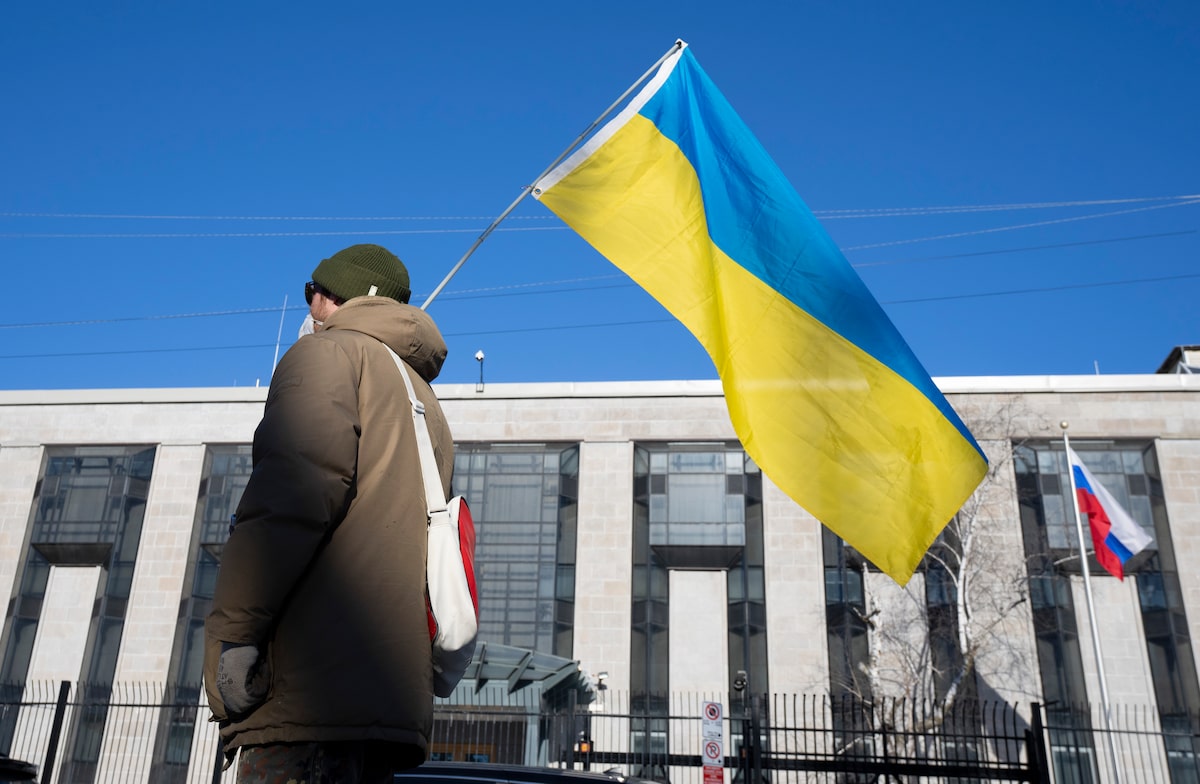Russian Celebrations: A Deep Dive into Customs and Practices
Russia, a land of vast landscapes and rich history, boasts a vibrant tapestry of celebrations. From boisterous public holidays to intimate family gatherings, understanding Russian celebrations offers a fascinating glimpse into the country's cultural heart. This comprehensive guide explores the customs and practices behind some of the most significant Russian celebrations, providing valuable insights for both travelers and those interested in Russian culture.
Major Russian Holidays and Their Significance
Russia observes a unique blend of secular and religious holidays, each with its own distinctive traditions.
New Year (Новый год - Novyy God): The Biggest Bash
New Year's Eve, or Novyy God, overshadows Christmas in Russia as the most significant winter holiday. Celebrations are extravagant, filled with family gatherings, lavish feasts featuring Olivier salad (a Russian staple), and the ever-present shampanskoye (champagne). The iconic Ded Moroz (Father Frost) and his granddaughter Snegurochka (Snow Maiden) bring gifts, echoing the Western Santa Claus tradition.
- Key Customs: Decorating the Yolka (Christmas tree), exchanging gifts, watching festive television programs, and attending public celebrations in city squares.
- SEO Keywords: Russian New Year, Novyy God, Ded Moroz, Snegurochka, Olivier salad, Russian Christmas tree
Maslenitsa (Масленица): A Farewell to Winter
Maslenitsa, or Pancake Week, is a vibrant pre-Lenten festival celebrating the coming of spring. It's a time of merriment, feasting on blini (pancakes), and engaging in traditional winter activities like sledding and snowball fights. The week culminates in the symbolic burning of a straw effigy, signifying the expulsion of winter.
- Key Customs: Eating blini with various toppings, participating in folk games and festivities, burning the effigy of Maslenitsa.
- SEO Keywords: Maslenitsa, Pancake Week, blini, Russian winter festival, pre-Lenten celebration
Easter (Пасха - Paskha): A Spiritual Celebration
Russian Orthodox Easter, Paskha, is a deeply spiritual holiday characterized by elaborate church services, the painting of pysanky (decorated eggs), and the sharing of kulich (Easter bread). Family gatherings are central, with elaborate meals featuring traditional dishes.
- Key Customs: Attending Easter services, painting pysanky eggs, preparing and sharing kulich, exchanging Easter greetings.
- SEO Keywords: Russian Orthodox Easter, Paskha, pysanky, kulich, Easter traditions in Russia
Victory Day (День Победы - Den' Pobedy): A Day of Remembrance
Victory Day, commemorating the Soviet Union's victory in World War II, is a solemn and significant national holiday. Parades, commemorative events, and the laying of wreaths at war memorials are commonplace. It's a day of reflection and remembrance for the sacrifices made during the war.
- Key Customs: Military parades, wreath-laying ceremonies, commemorative events, family gatherings.
- SEO Keywords: Victory Day, Den' Pobedy, World War II, Russian military parade, Russian national holiday
Regional Variations in Celebrations
It's important to note that regional variations in celebrations exist across Russia's diverse landscape. Customs and practices may differ slightly depending on the specific region and its unique cultural heritage.
Experiencing Russian Celebrations
For travelers, immersing oneself in Russian celebrations offers an unparalleled opportunity to experience the country's rich culture firsthand. Attending local events, engaging with locals, and partaking in traditional activities provide unforgettable memories.
Call to Action: Plan your trip to Russia and experience the vibrant energy of its unique celebrations! Further research into specific regional festivities will enhance your understanding and appreciation of this fascinating culture. Remember to check for any travel advisories before planning your trip.
